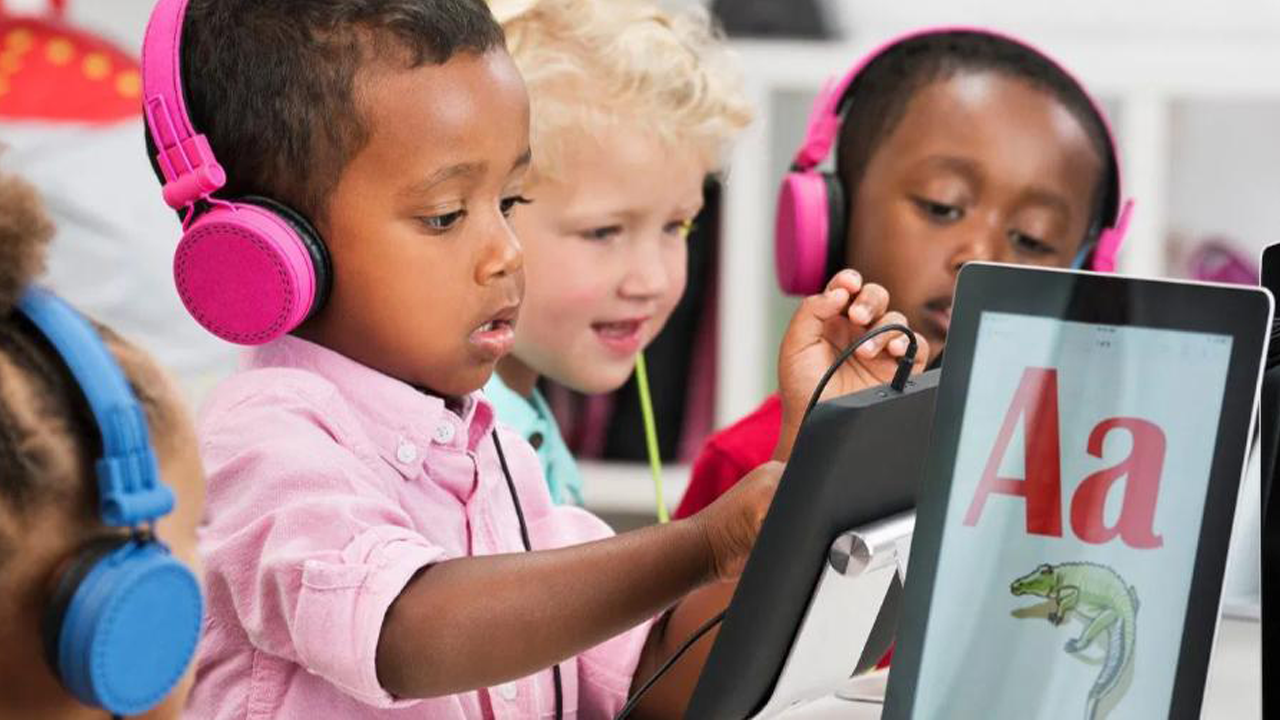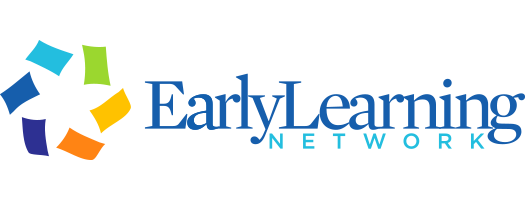
25 Feb Research strengthens the case for better measurement in early childhood education
High-quality experiences in early childhood classrooms help prepare children for success in kindergarten and the early grades. But we need to know what’s working in prekindergarten (pre-K) classrooms to truly optimize children’s learning and development.
The Classroom Assessment Scoring System™, or CLASS™, is the most commonly used tool to assess pre-K classroom quality. In recent years, CLASS™ has influenced large-scale policy efforts to measure and improve early childhood programs nationwide, particularly in Head Start.
Despite its widespread use, evidence of CLASS™’s ability to predict children’s school readiness during the pre-K year remains mixed.
Findings from a recent Early Learning Network study strengthen the case for better measurement of children’s experiences in early childhood education classrooms to more accurately capture the active ingredients that improve outcomes for children.
The collaborative study, published in Early Childhood Research Quarterly, was led by the MDRC research team in partnership with the Boston Public Schools (BPS) Department of Early Childhood.
The investigation replicated and extended a previous study in Boston examining associations between process quality, as measured by CLASS™, and gains in children’s vocabulary, math and executive function skills in the year when children were enrolled in a high-quality public pre-K program in BPS. Additionally, the team examined gains in numeracy skills and differences among children based on their skills at preschool entry.
In the context of early childhood education, process quality refers to children’s day-to-day experiences and interactions with their teachers and peers. CLASS™ examines these interactions, focusing on the extent to which there are sensitive and responsive interactions between the teacher and children within the classroom, including domains such as emotional support, classroom organization and instructional support.
Using data collected during the 2016–17 and 2009–10 school years, the researchers compared and evaluated CLASS™’s ability to predict children’s gains during the pre-K year.
Overall, the team found that none of the CLASS™ domains predicted pre-K students’ gains in vocabulary, executive function, or math.
“Our results reinforce what experts have been calling for — more measurement work in early childhood education classrooms,” said Paola Guerrero-Rosada, lead author and University of Michigan graduate student. “Preschool classrooms are increasingly diverse, complex contexts. We need to keep working together to define and measure the active ingredients that drive children’s gains.”
The study’s results build on prior evidence showing that general measures of quality are not strong predictors of children’s gains in the pre-K year — and highlight the need for new measurement tools to inform policy initiatives and optimize specific classroom features that support children’s learning and development.
Among other important contributions, the CLASS™ tool has moved the field forward by offering a professional development framework and allowing researchers and practitioners to monitor programs’ improvement across the country.
“CLASS facilitates cross-program and within-program comparisons, and can be an effective professional development tool for teachers to improve their practice,” Guerrero-Rosada said.
In the future, the early childhood field may need to broaden the scope of its general quality measures to capture more specific teacher practices, as well as curricula and instructional content and children’s individual experiences in the classroom.
“Quality is important, and it can vary across children even in the same classroom,” Guerrero-Rosada said. “A critical step in ensuring children’s early learning success is developing new measures that pinpoint further what’s really working in the classroom to support students’ development and using that knowledge to drive program and policy decisions.”
Dig deeper
Read full research paper published in Early Childhood Research Quarterly:
“Null relations between CLASS scores and gains in children’s language, math and executive function skills: A replication and extension study.”

